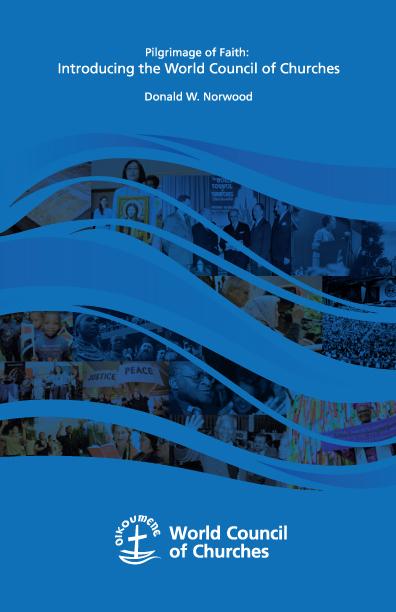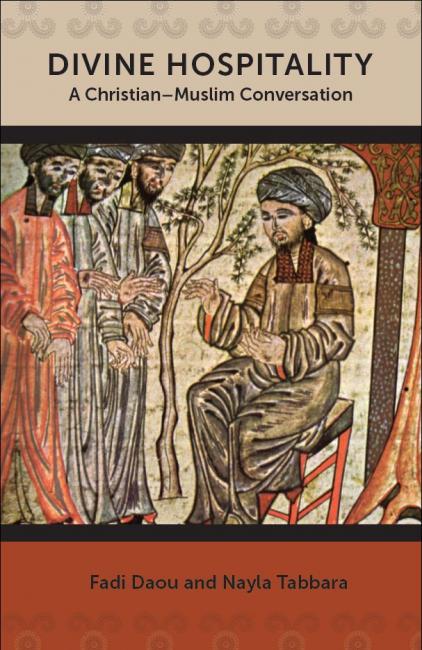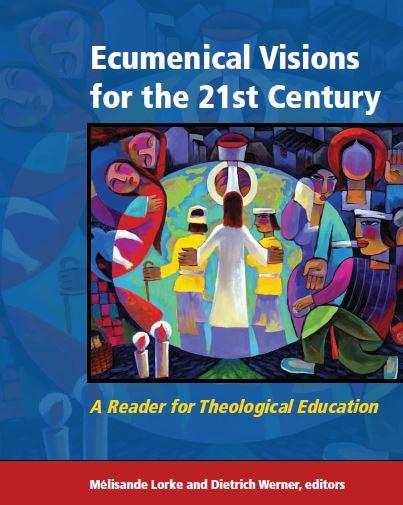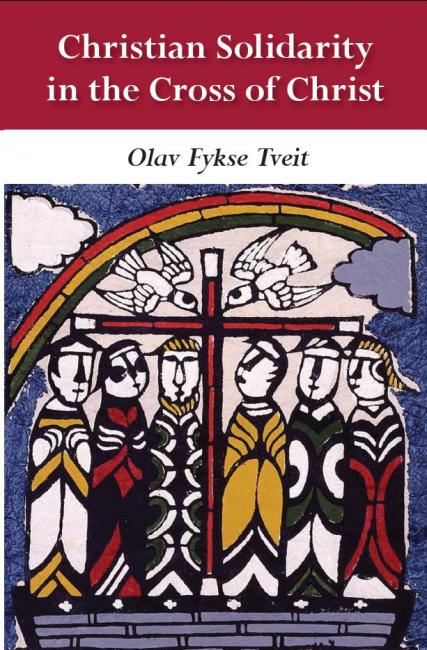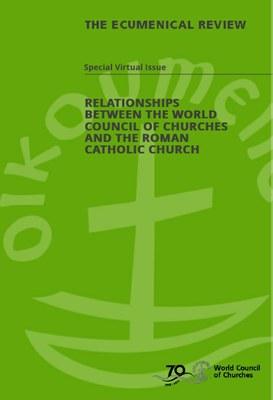Displaying 21 - 37 of 37
Hosanna! Ecumenical Songs for Justice and Peace
01 August 2016
The Truth We Owe Each Other
01 April 2016
Encountering the God of Life
01 January 2014
Christian Solidarity in the Cross of Christ
15 April 2012
Called to Be the One Church: Faith and Order at Crete
Report of the 2009 Meeting of the Plenary Commission — Faith and Order paper No.212
15 February 2012
One Baptism: Towards Mutual Recognition - A Study Text
Faith and Order Paper No. 210
01 January 2011
The Ecumenical Review
01 January 1970


